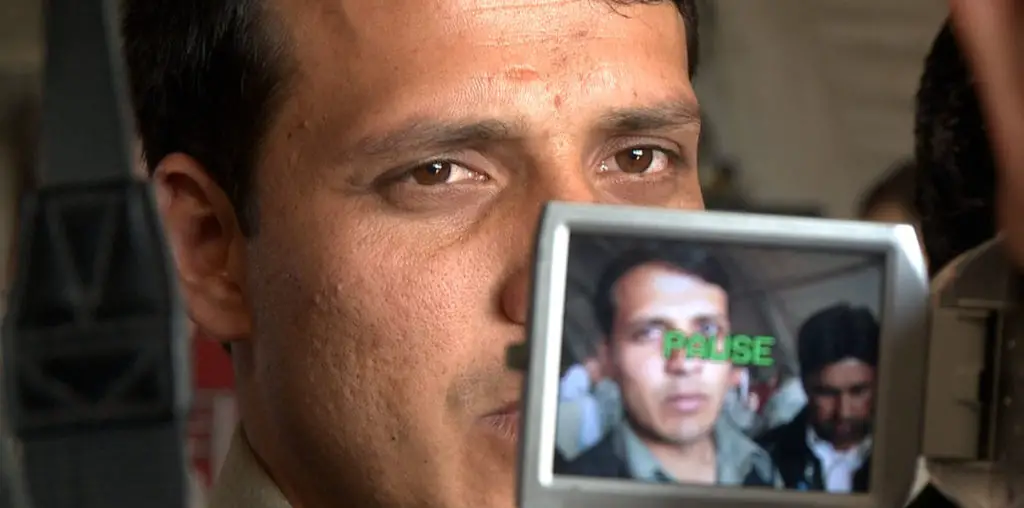
Not all the talk surrounding Lars von Trier’s “Dancer in the Dark” revolves around the film’s love-it-or-hate-it qualities (though most of it is). With “Dancer” taking the top prize at Cannes this year and Baz Luhrmann’s “Moulin Rouge” on the horizon for next summer, there’s been lots of rumbling about the “return” of the movie musical. The reality is, however, it never really went away, it just mutated — into the “dance musical,” which is a rather commonplace find at the cineplex these days.
“Bootmen,” the latest of this “dancing yes, singing no” brand of musical follows a rebellious young male steel worker in Australia who wants to become a tap dancer. No, producer Jerry Bruckheimer hasn’t taken his act down under and made a reverse-gender spinoff of “Flashdance”. Not that his absence from the credits makes much difference, anyhow, for “Bootmen” plays very much like typical Bruckheimer — all shiny surfaces with nothing underneath.
For the most part, pretty-boy star Adam Garcia perfectly personifies the faux Bruckheimer feel. His winning smile should be familiar — he was the vacuous slab of beef that sent hearts aflutter in “Coyote Ugly” (a bona fide Bruckheimer production, not so coincidentally). Unlike in that film, though, Garcia displays some talent in “Bootmen” — the talent to dance. That is certainly fortunate since he plays the aforementioned “rebel” tap dancer, who has real, raw talent but little patience for uptight tradition; a promising gig with a major Sydney dance company is taken from him as quickly as he wins it. So he and a few old friends decide to pursue an unlikely dream — form their own dance group in their industrial hometown of Newcastle. But “Bootmen” (as they call themselves) isn’t your mother’s tap troupe — a mix of traditional tap with the musical cacophony of STOMP and Björk’s first musical number in “Dancer in the Dark,” they’re as much about attitude as they are about dance.
Director Dein Perry is the creator of the popular Bootmen-like group Tap Dogs, so it comes as no surprise that the film’s dance numbers are the energetic highlights. But a Bruckheimer knockoff wouldn’t be one without a dose of treacly and completely bogus emotional content, and Perry and screenwriter Steve Worland don’t fail to deliver. The threads designed to lend the film are obvious and heavyhanded — Sean’s romance with a hairdresser (Sophie Lee), who also had a dalliance with his car thief younger brother Mitchell (Sam Worthington); Sean’s relationship with his disapproving father (Richard Carter), who wants his son to forget his dreams and hold down an honest job in the factory. These stories offer nothing in the way of surprise, except perhaps the amount of violence in Mitchell’s subplot.
With the plot leaving a lot to be desired, “Bootmen” is left to sink or swim on the merits of its star — for better or worse. Whenever the film gives him an opportunity to flash his fancy footwork or simply stand there and exude cocky charisma, Garcia is able to coast by. Unfortunately, the dance sequences are too few and far between, as are the moments of silence, thus leaving him too much space to open his mouth and “act” — something he simply cannot do. Wisely (though not surprisingly), Perry ends his film with one big — and, crucially, mostly dialogue-free — dance extravaganza, but it’s too little, too late.
